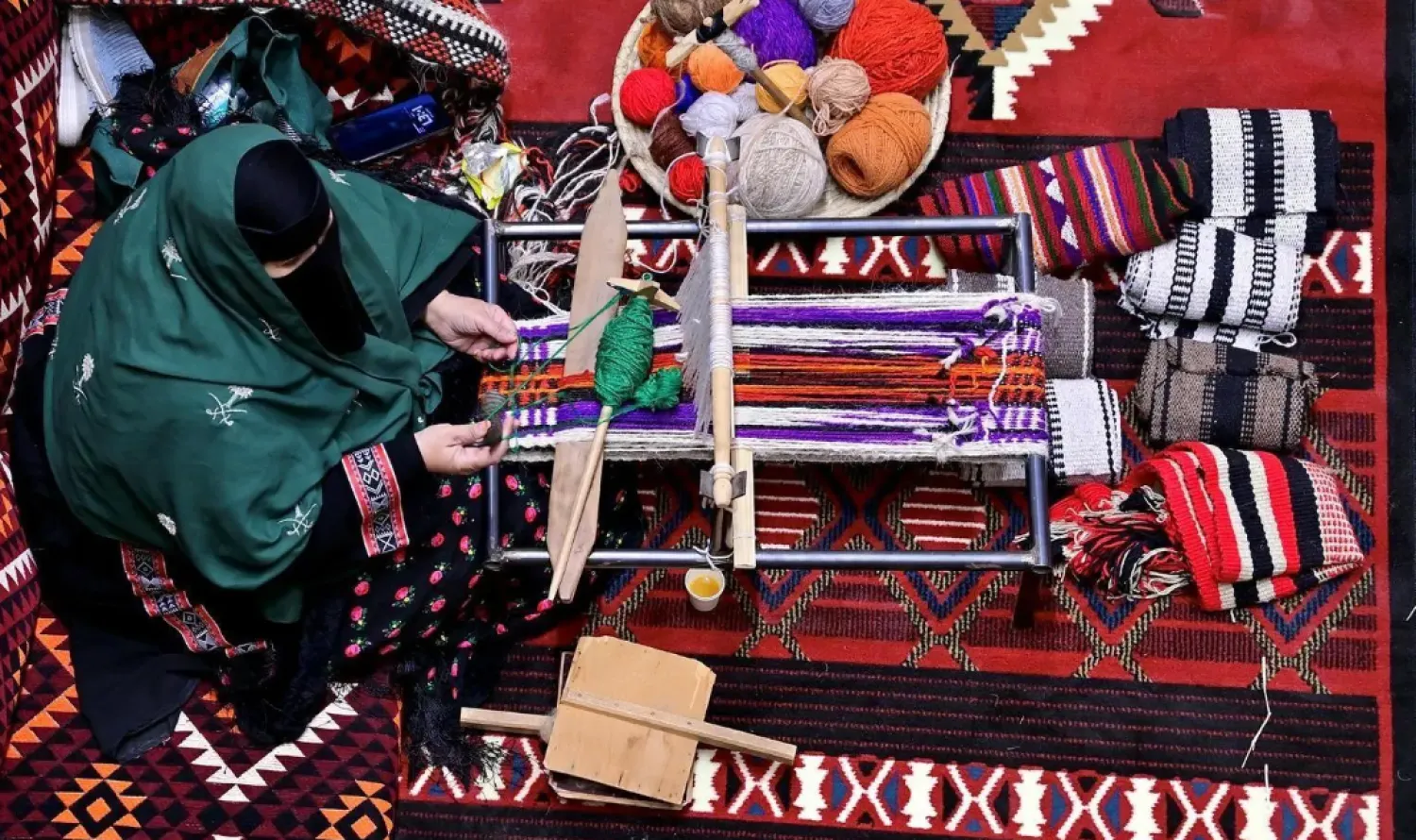The Saudi Culture Ministry’s Libraries Commission opened another “House of Culture” in one of Asir region’s provinces on Sunday, the second to open this month after one in the Eastern Region.
It’s part of a plan to revamp public libraries into vibrant cultural hubs in the area.
With Saudi Arabia’s cultural scene evolving since the launch of its National Culture Strategy, institutions are keen on embedding culture as a lifestyle.
They're focusing on enhancing the Kingdom’s library sector, with the first two cultural houses opening out of 153 planned across Saudi Arabia. These spaces aim to go beyond book storage, becoming platforms to uplift local communities’ quality of life.
In mid-June 2020, the Culture Ministry launched an initiative to upgrade public libraries nationwide.
The aim is to turn them into modern cultural hubs that cater to all segments of society, offering knowledge, participation, and interaction opportunities.
This move comes after a field study by the ministry on the status of libraries in Saudi Arabia.
Based on the findings, a development plan stretching until 2030 was crafted. The plan aims to establish 153 public libraries across all regions, all following the concept of “House of Culture,” blending library functions with cultural engagement.
On his part, Libraries Commission CEO Dr. Abdulrahman Al-Asim highlighted the need for a fresh approach to libraries.
He emphasized the importance of the new House of Culture concept, which aims to create interactive platforms serving diverse community needs, from education to entertainment and entrepreneurship.
Al-Asim underscored the significance of these cultural houses for Saudi Arabia’s social and cultural sectors, aligning with the goals of “Vision 2030.”
He expressed optimism that these initiatives will bring tangible benefits to society, encouraging investment in hobbies and interests, and fostering a vibrant cultural and social scene.
The cultural houses have diverse sections, including learning areas, a kids’ theater, a main stage, and a library with reading spaces.
Each house also offers innovation and tech spaces, along with essential facilities like prayer rooms, meeting areas, printing and computer services, a café, and a store.
These houses are part of the “Quality of Life” program, a key aspect of Saudi Arabia's Vision 2030 national transformation plan.
They aim to upgrade cultural infrastructure, establish cultural hubs, and improve public libraries to boost Saudi engagement in arts and culture as part of the Kingdom’s long-term vision.









